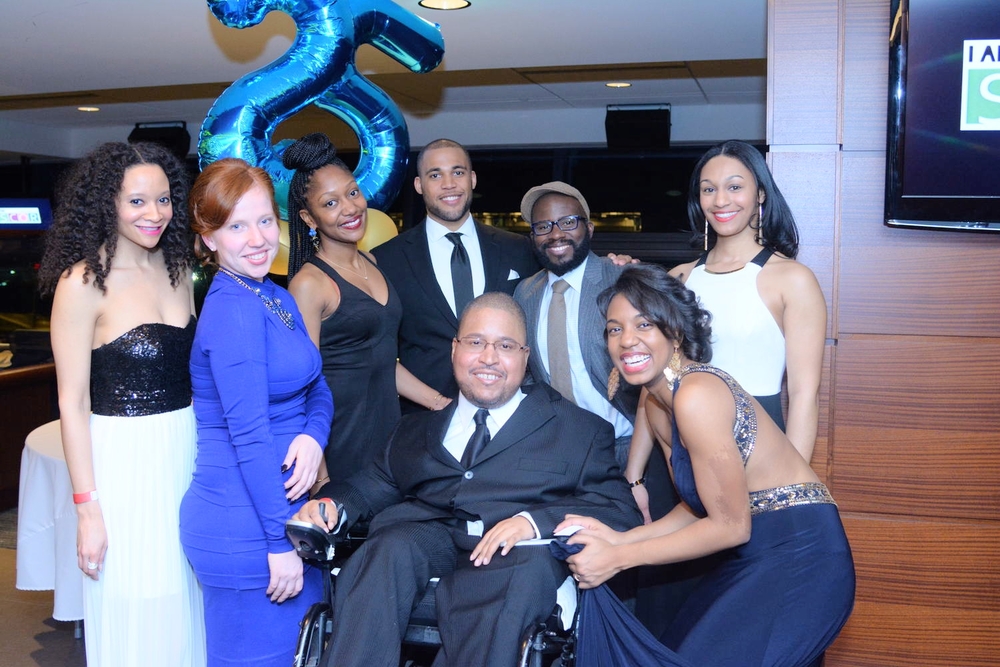The University of Michigan School of Kinesiology commonly referred to as just Kinesiology or Kines is the University of Michigan Ann Arbor's School of Kinesiology, which grants undergraduate, graduate, and doctoral degrees. In December 2008 it officially became a school, previously being a division since its creation in 1984. Kines has the fourth largest undergraduate enrollment at Michigan with a selectivity rate of 44%, making it the second most selective school on campus. The graduate program has experienced rapid growth in the past ten years. The Masters and PhD programs have become highly selective, with 41.4% and 27.8% selectivity rates respectively and is ranked as 5th in the nation with University of Southern California being first. In 2007-08 the graduate program had 23 Master’s degree students and 29 fullâ€"time. The School of Kinesiology operates out of three main buildings, Observatory Lodge (OBL), Central Campus Recreational Building (CCRB) and the Health Management Research Center (HMRC). Most classes are held in OBL and CCRB, with research being done in the OBL, CCRB and HMRC.
Degrees

Undergraduate
The undergraduate program offers four majors: Athletic Training, Health and Fitness, Movement Science, and Sport Management.
Athletic Training or AT, prepares undergraduate students to become allied health professionals in the field of athletic training through a combination of formal classroom instruction and a variety of clinical experiences, students are provided with education in: risk management and injury prevention, general medical conditions and disabilities, clinical examination and diagnosis, acute care of injury and illness and therapeutic exercise. Graduates go on to become athletic trainers in grade schools, universities, and professional sports programs. It is also common for students to pursue graduate degrees in athletic training, medicine and physical therapy.
Health and Fitness, HF, provides a science-based curriculum focusing on physical activity across the lifespan. The program prepares students for careers and advanced learning in health promotion while addressing the health and wellness need for people of all ages and abilities.
Movement Science, MOVESCI, or MVS studies human movement with emphases on exercise physiology, motor control, and biomechanics. While humans are the primary focus, animals and mathematical models are also studied. Many students participate in research in one or more of the three main areas. Graduates commonly go on to medical school, dental school, physical therapy and research.
IntraOperative NeuroMonitoring (IONM), is a growing field that involves the monitoring of the central and peripheral nervous systems of patients undergoing surgical procedures such as orthopedic spinal correction (scoliosis treatment), cranial neurosurgery, and interventional radiologic procedures. IONM helps improve patient outcome by carefully assessing the functional status of nervous tissue, including spinal column tracts, eloquent brain regions, and peripheral nerve. This neurophysiologic information helps the surgeon perform a safer, and sometimes more thorough procedure. The IONM program falls within the Movement Science major.
Physical Education, PHYSED, or PE offers students preparation in education courses leading to K-12 certification. The curriculum is guided by the National Association for Sport and Physical Education Content Standards for Beginning Physical Education Teachers. PE majors commonly pursue teaching at elementary and secondary schools, with some going to graduate school or becoming exercise and fitness coaches. The Physical Education program is being discontinued.
Sport Management or SM familiarizes students with different aspects of sport management, including: organizational strategy, marketing, finance and economics, and ethical and legal issues. Graduates go on to work with professional and collegiate sport organizations, media outlets, as well as represent athletes.
Graduate Programs
Masters (MA, MS) as well as Ph.D degrees are offered by the School of Kinesiology. The Rackham Graduate School processes graduate degree applications and awards the School’s Ph.D, MA, and MS degrees. Kinesiology offers three types of Master's program and a Ph.D program.
Master's
Ph.D Preparation: Prepares students to continue their studies in a doctoral program. Students are involved in the process of designing and carrying out a research study work closely with a professor in a laboratory or field setting. They take part in generating research questions, collecting and analyzing data, and presenting the results of the study. Students complete at least 30 credit hours with total credits vary according to student interests and advisor’s requirements.
Comprehensive: Assists students in developing skills and knowledge related to human movement in order to advance their professional careers. The individualized program allows for the study of human movement in depth from different perspectives. Students can design programs to meet their particular interests and goals. Students have few core requirements, instead taking a variety of classes from Public Health, Medical School, School of Business and Engineering. Students complete a minimum of 30 credit hours.
Masters of Art (Sport Management): Offers students diverse educational experiences that will prepare them for careers in the sport industry. This includes developing a background in areas such as leadership, management, marketing, law, and finance. Students complete at least 30 credit hours including 12 credits of graduate work in finance, marketing, strategic management and law.
Ph.D
Provides for the study of movement at an advanced level and trains students to be independent scholars in both research and the dissemination of knowledge gained from research it culminates in an original doctoral dissertation. Each student’s program is tailored to his/her particular interests and knowledge. The program is designed for those who intend to make their careers as scholars, teachers, researchers and professionals in Kinesiology or allied fields. Students complete a minimum of 30 pre-candidacy credits beyond the Master's level after which the student completes an original doctoral dissertation. A minimum of 50 credits of pre-candidacy and candidacy work must be completed to graduate.
Public Programs

The School of Kinesiology also hosts programs for the university and for the general public, the largest of which is the U-Move program.
U-Move is a range of classes open to anyone for a nominal fee. Classes include, beginning swimming, yoga, taekwondo and spinning. Some are taught by Kines students or members of the community.
KidSport is another popular program in which kids ages 5â€"12 come to the University and participate in noncompetitive sports from June to August.
U-Meet the Athlete brings children ages 5â€"12 to meet current Michigan student-athletes and participate in mini-clinics to learn about the fundamentals of the sport while encouraging healthy habits and staying in school.
External links

- University of Michigan School of Kinesiology
- The University of Michigan
References


Post a Comment